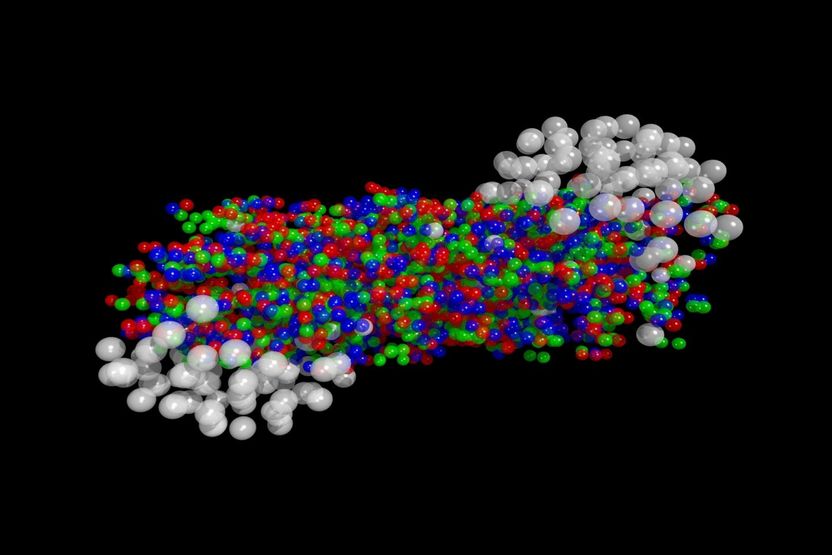Novogyne Pharmaceuticals acquires CombiPatch from Aventis
Advertisement
Novartis Pharmaceuticals Corporation and Noven Pharmaceuticals, Inc. announced today that their joint venture, Novogyne Pharmaceuticals, has acquired the U.S. rights to market CombiPatch (estradiol/norethindrone acetate transdermal system) from Aventis Pharmaceuticals, the U.S. pharmaceuticals business of Aventis Pharma AG. The transdermal hormone replacement therapy will be marketed by Novogyne together with Vivelle (estradiol transdermal system) and Vivelle-Dot (estradiol transdermal system).
"CombiPatch will further strengthen our women's health franchise and is a perfect complement to Vivelle and Vivelle-Dot -- Novogyne's estrogen-only skin patches," said Robert C. Strauss, President of Novogyne. "With the addition of CombiPatch, the Novogyne sales force now offers the most advanced and complete transdermal hormone replacement portfolio in the United States."
About CombiPatch CombiPatch is a translucent, thin, adhesive-based matrix transdermal drug delivery system that is worn on the lower abdomen. It releases both estradiol (an estrogen) and norethindrone acetate (a progestin) continuously upon application to the skin and delivers the medication in a steady and predictable manner. CombiPatch is indicated for use in menopausal women with an intact uterus for the relief of moderate-to-severe vasomotor symptoms such as hot flashes, night sweats and vaginal dryness. It is the first and only combination estrogen/progestin transdermal patch available for hormone replacement therapy in the United States.
About Vivelle/Vivelle-Dot Vivelle and Vivelle-Dot are estrogen skin patches indicated for use in menopausal women for the relief of moderate-to-severe vasomotor symptoms such as hot flashes, night sweats and vaginal dryness. Vivelle is also indicated for the prevention of postmenopausal osteoporosis.
Safety Information In the three-month vasomotor clinical trial of CombiPatch, the most common adverse events were breast pain and dysmenorrhea. The most commonly reported systemic adverse event with Vivelle-Dot was mild headache. Systemic adverse events with Vivelle reported in clinical trials include headache, breast tenderness, fluid retention and back pain. Estrogens/progestins combined should not be used in women with known or suspected pregnancy, breast cancer, or estrogen-dependent neoplasia, undiagnosed abnormal genital bleeding, active thrombophlebitis or thromboembolic disorders, or a documented history of these conditions, or stroke. Estrogens given without progestins have been reported to increase the risk of endometrial carcinoma in postmenopausal women. Progestins taken with estrogen drugs significantly reduce, but do not eliminate, the risk of endometrial cancer that is associated with the use of estrogen.
More than one million women in the United States undergo menopause each year. Clinical studies indicate that the addition of a progestin to an estrogen replacement regimen at least 12 days per cycle reduces, but does not eliminate, the incidence of endometrial hyperplasia and the potential risk of endometrial cancer in women with an intact uterus.
































































